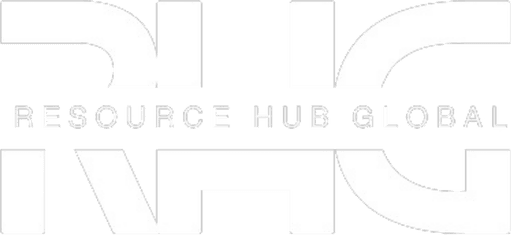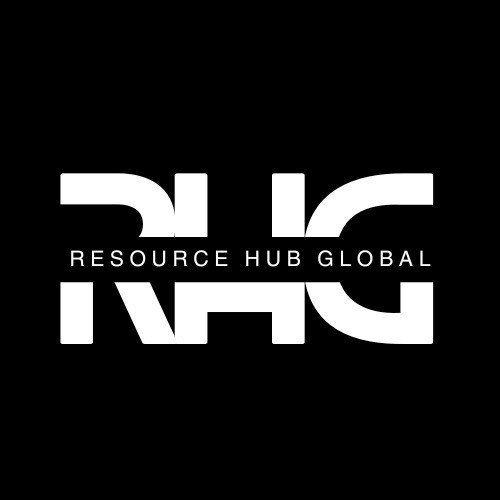Enhanced Operational Efficiency
Automation of Routine Tasks: AI automates repetitive tasks such as order processing, invoice management, and contract analysis. This reduces human error and frees up procurement professionals to focus on strategic activities that drive value for the organization
Faster Transaction Speeds: AI can streamline procurement transactions, potentially increasing speeds by up to 40%, which significantly enhances operational efficiency
Improved Decision-Making
Data-Driven Insights: AI analyzes vast amounts of data to provide actionable insights. This includes identifying spending patterns, supplier performance metrics, and market trends, enabling more informed decision-making
Predictive Analytics: AI algorithms can forecast demand and market shifts by analyzing historical data and external factors, allowing organizations to anticipate changes and adjust their procurement strategies accordingly
Cost Savings
Optimized Supplier Selection: AI tools can evaluate suppliers based on various criteria such as price, quality, and compliance. This leads to better negotiation outcomes and cost reductions through improved supplier relationships
Reduced Maverick Spending: By enhancing visibility into procurement processes, AI helps organizations minimize unauthorized purchases, ensuring that spending aligns with strategic goals
Risk Management
Proactive Risk Assessment: AI can identify potential risks in the supply chain by analyzing diverse data sources in real-time. This allows organizations to mitigate risks before they impact operations
Compliance Monitoring: AI systems can continuously monitor procurement activities for compliance with regulations and internal policies, reducing the risk of non-compliance penalties
Supplier Relationship Management
Enhanced Collaboration: AI fosters better communication and collaboration between procurement teams and suppliers by providing real-time data visibility. This transparency helps build stronger partnerships based on shared goals
Dynamic Supplier Discovery: AI can sift through global databases to identify new suppliers that meet specific organizational needs, enhancing supplier diversity and innovation in sourcing strategies
Strategic Alignment
Integration with Business Goals: As AI becomes more embedded in procurement functions, it aligns closely with broader business objectives. This strategic integration supports initiatives such as sustainability and digital transformation
Continuous Improvement: AI systems can learn from past data to refine procurement strategies continuously, ensuring that organizations remain competitive in a rapidly changing market environment
Future Innovations
Generative AI Applications: The emergence of generative AI is expected to revolutionize procurement further by simulating various scenarios for optimal decision-making in sourcing strategies
AI-Powered Negotiations: Future advancements may allow AI to conduct negotiations based on real-time data analysis, making procurement processes more efficient and tailored to specific business needs
In summary, the benefits of AI in the procurement industry are extensive and transformative. As organizations increasingly adopt these technologies over the next decade, they will likely experience significant improvements in efficiency, cost savings, risk management, and strategic alignment with overall business goals.


